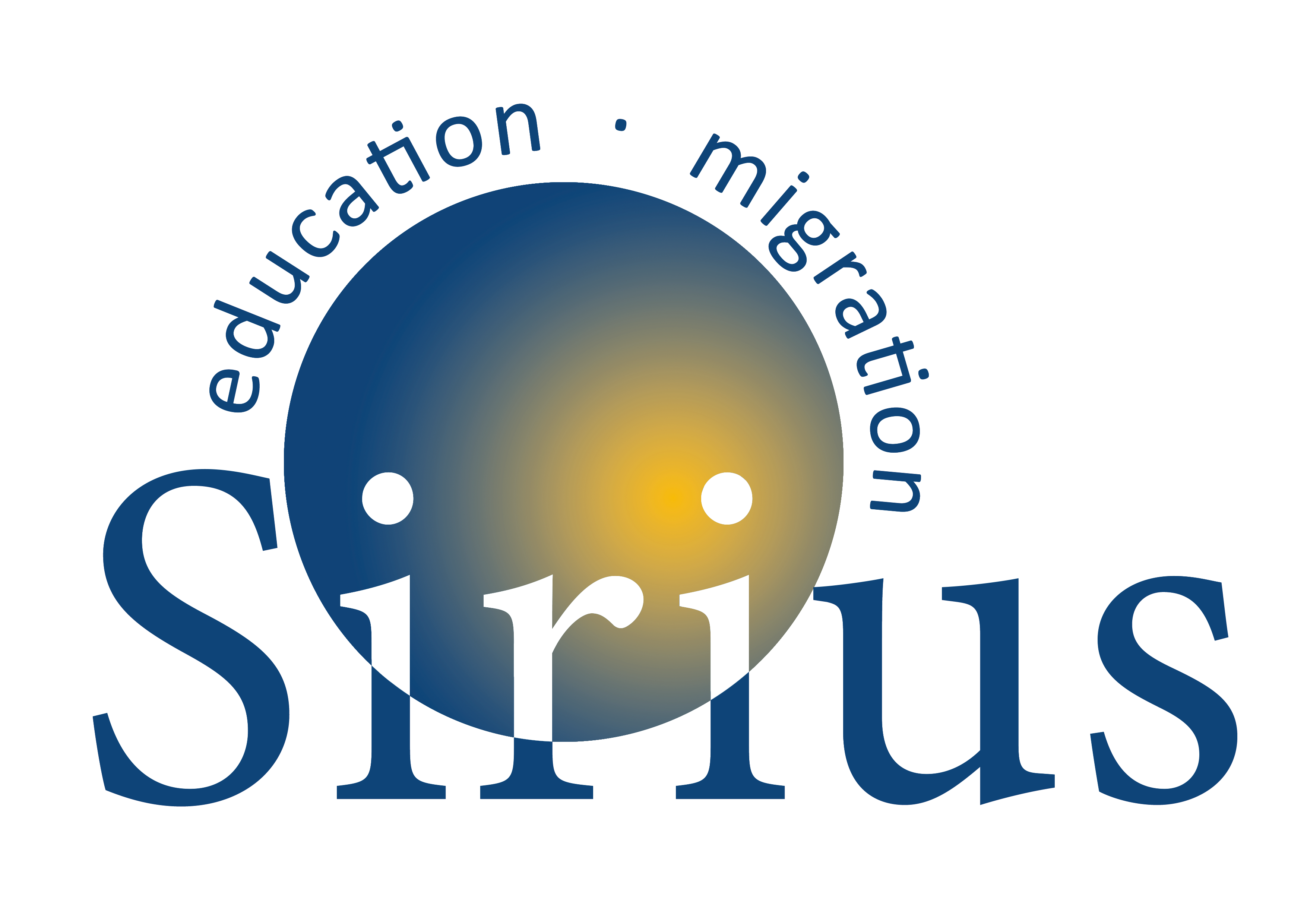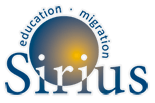On the 21st of February SIRIUS held two Facebook Live Events with researchers, teachers, policy-makers and practitioners working in the field of home languages and multilingualism. We started with a focus on France with our moderator Nathalie Auger, full professor of linguistics and didactics at Paul-Valéry University in Montpellier (France). She is director of the HUMAIN Research Unit (Languages, Humanities, Learning, Mediations, Interactions, Digital) sponsored by Edgar Morin. She works on the teaching/learning of languages at school, in particular French as a second language (2007 Conbat+, Maledive, Romtels,LISTIAC). She is the author of a dozen books and various websites dedicated to the projects she develops. And speakers Ranka Bijeljac-Babic, Lecturer, HDR, Department of Psychology, University of Poitiers (retired); member of the Integrative Neuroscience and Cognition Center (INCC), CNRS-Paris Descartes University; member of the Laboratory of Excellence-Empirical Foundations of Linguistics (Labex-EFL), Sorbonne-Paris-Cité; member of the Scientific Council of National Education; member of the Superior Council of Languages of National Education; president of the bilingual and plus association (which defends the diversity of languages and cultures of citizens in France and Europe (https://bilinguesetplus.org); and Florence Guiraud has a PhD on linguistics; trainer at the French department in the Faculty of Education Montpellier; and teacher in the Educational Unit for incoming allophone students.
The speakers covered many topics including the science and data of the benefits of including home languages in classrooms, both developed through several joint projects such as Listiac, – https://listiac.org – but also the long-standing data since the 1970s that we have known and been speaking about in our circles. They also included many experiences of teachers and teachers visited, and we saw a video created by one project of how including home languages impacts children’s learning, family engagement and the experience and perception of teachers, with some students and teachers stating that they had no idea how many languages were in the classroom.
The live finished with some practical advice to teachers on taking a first step, such as just finding out what languages are in your classroom and the Facebook chat was filled with resources for those that wish to begin their path on language awareness*.
Our second live looked at the European level and also at how cities can move school districts to be more language-aware. Speakers Ana Solé Mena who currently works as Senior expert on multilingualism at the Schools and Multilingualism Unit in the Directorate General for Education, Youth, Sport and Culture of the European Commission. She is the author of “Multilingual from the cradle. Growing up with different languages”, 2010; Main character in the documentary on multilingualism “The Power of Babel”, 2012. Hilda Heyde, who works as Programme Officer to coordinate the Language Friendly School network. With a background in Multilingualism, she aims to create opportunities for children to have access to a language-inclusive learning environment. And Tomislav Tudjman, who works as a Project Manager and Researcher at Risbo, a research, consultancy and training institute of the Erasmus University Rotterdam, the Netherlands. His expertise lies in the following fields of Inclusive schools, Integration, Migration and multilingualism, He led various European projects on these topics and is a and a long-time Board member of SIRIUS.
They started by discussing the benefits of including home languages in the classrooms in the current European Year of Skills and as we realise that STEM, critical thinking, team-work and many more skills are lacking in our work force. We heard from Tom that home language learning is a critical early step to better language acquisition in our second and further languages and from Anna that language is the building block of all knowledge, and that there is no competition between languages because what we build in one integrates into the other. Hilda re-iterated these points and spoke from a practical perspective about how the Language Friendly-School initiatives have seen teachers lives and experiences of classroom teaching be invigorated by including home languages.
Lots of transversal elements to other areas of education policy and politics became evident during this discussion including the amount of time we give teachers to prepare, be supported and get involved in new initiatives, the role of school directors and whether they have enough autonomy to make choices for their own school communities, the importance of informal educational opportunities and interactions with local services such as libraries and municipal offerings, and the importance of bringing politicians on by having them see and feel the work being done.
All in all, the discussions left a lot of food for thought and resources available for policy-makers and for teachers and we highly encourage you to check them out below.
*Resources:
Resources for assessing the home language competences of migrant pupils
Padlet sur la Semaine de Langues
Les langues comme objet migrateurs, Musée de Marseille

